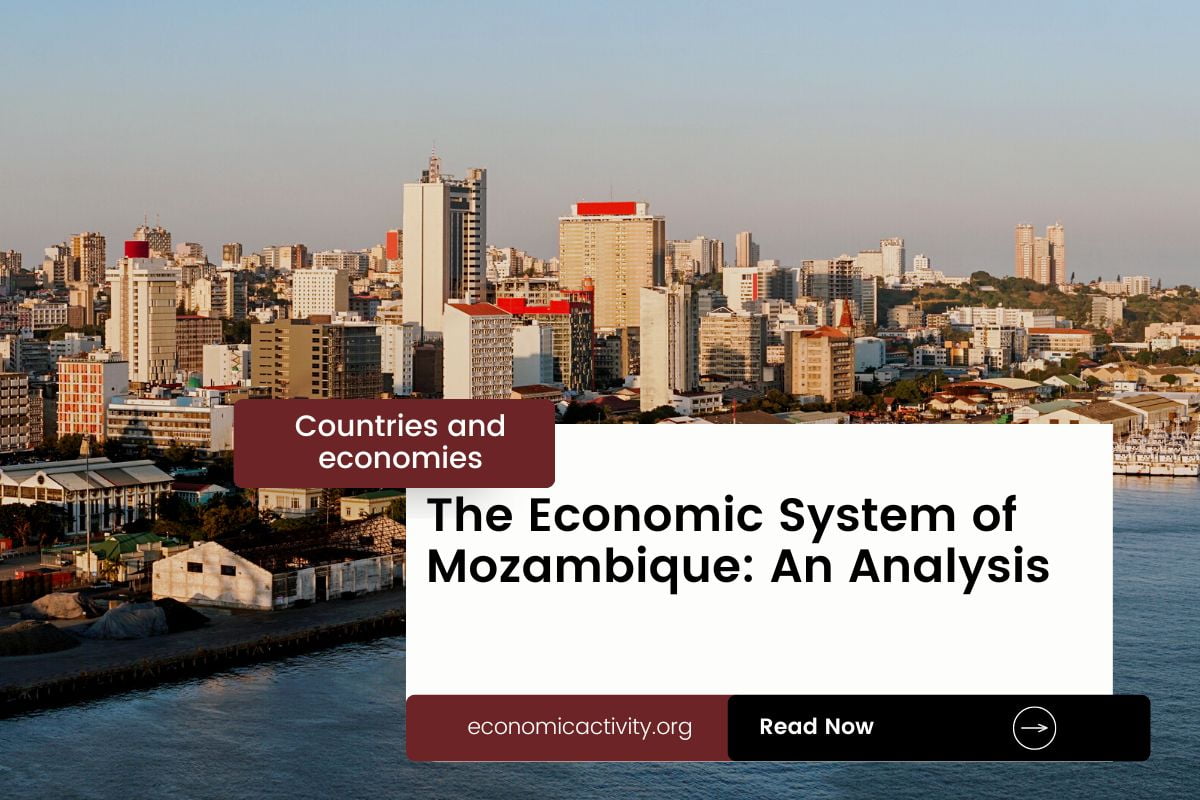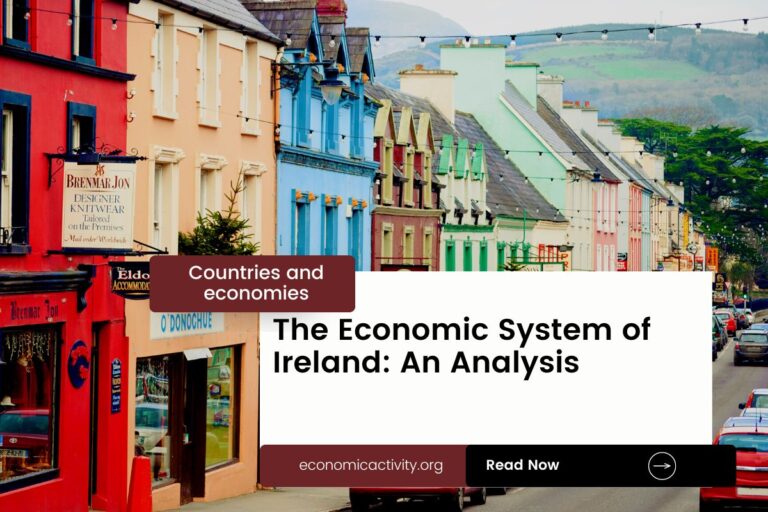What is the economic system of Mozambique? The economy of Mozambique is based on a mixed economy. The country’s economic system combines elements of a market economy and a planned economy.
Mozambique’s economy is largely based on agriculture, mining, and tourism. The country is a major producer of cashew nuts, cotton, and coal, and has significant potential for natural gas and oil exploration.
In Mozambique, the economy is composed of a private sector, consisting of individuals and businesses that make autonomous decisions based on self-interest, and a public sector, where the state determines the production and distribution of certain goods and services. No country is purely capitalist or purely communist.
What do the freedom indexes tell about the economic system of Mozambique?
Now, to determine if a country is mostly a market economy or a planned economy, it is useful to examine some economic indexes. For instance, according to the 2022 Index of Economic Freedom, which measures the ability of every human to control his own labor and property, Mozambique is ranked 142th globally and 32th in Sub-Saharan Africa indicating that the country has a mostly unfree economy.
In a similar way, the 2022 Freedom House index evaluates the state of political rights and civil liberties globally. Generally, market economies tend to align more with democracy and freedom, while command economies tend to be characterized by greater state control and fewer democratic and civil liberty protections. Mozambique gets a score of 43/100, which qualifies it as Partly Free.
Mozambique is considered to have a government that does not control what people do, and people can make their own economic decisions, but it is only considered an electoral democracy, lacking full liberal democratic protections.
What do the biggest companies in Mozambique say about the country’s economic system?
The biggest company in Mozambique should also be looked at, as well as whether it is a state-owned or private company. In this case, Cervejas de Mozambique is a brewery that produces a variety of beers, including lagers, ales, and stouts. The company is owned by AB InBev.
Mozambique’s private sector industries include agriculture, mining, and tourism, while public industries include healthcare, education, and transportation.
The historical factors that have influenced the economic system of Mozambique
Mozambique’s mixed economy system is the result of a combination of colonial exploitation, civil war, and post-war economic reforms. Colonialism led to the exploitation of natural resources and the displacement of local populations, while civil war caused economic disruption and destruction.
Post-war reforms have focused on liberalizing the economy, encouraging foreign investment, and promoting economic growth. These reforms have led to increased economic activity and improved living standards for many Mozambicans.





Leave a Reply